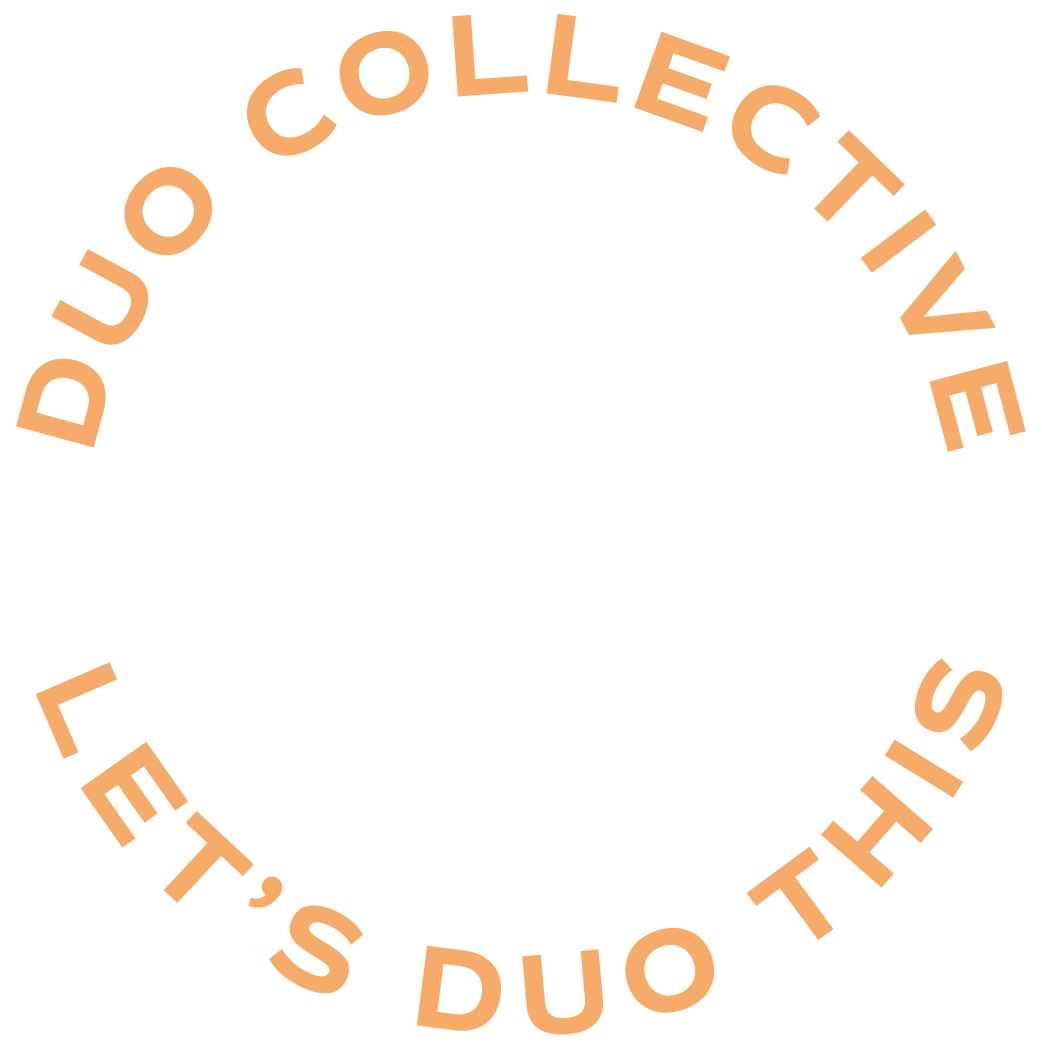Are you a creative entrepreneur, small business owner, or blogger? Have you heard about how valuable this thing called SEO is, yet have no idea how to use it or implement those strategies into your business? Then keep reading, friend! We’ve read a dozen SEO for beginners guides – everything from Moz to Neil Patel. Don’t get us wrong, those guys are amazing resources when it comes to anything SEO-related, but even their articles about SEO basics can feel overwhelming. So, we wanted to start at the very beginning. Our goal for this post is to make things simple and easy to understand if this topic is completely new to you. Let’s dive in!
We want to break it down for you plain and simple. Here is your guide to SEO for beginners.
How do search engines work?
Let’s start at the very top, how do those little search bars on sites like Google, Bing, and Pinterest work? If you type in “how to make blueberry muffins,” a dozen websites will pop up serving you recipes on blueberry muffins. Why did those websites appear? It’s because those terms “make blueberry muffins” appeared throughout the content letting Google know that this article is relevant to your search.
Seems easy, right? A lot of times, when learning SEO for the first time, business owners and bloggers will start to pepper their content with these keywords. This is called keyword stuffing and it’s a big no-no! You will actually get penalized for doing this. Yes, Google will crawl your site for those keywords, but they will also verify your website against dozens of other criteria. This includes making sure your content makes sense to the end user. Can you imagine if you typed in “how to make blueberry muffins” and instead of recipes, a bunch of websites popped up trying to sell you a blueberry muffin t-shirt?
So, lesson number one in your SEO for beginners guidebook… you can’t fool Google, so don’t try!
What is SEO?
Now that you understand how search engines work, let’s jump into those three little letters: S.E.O. These letters stand for search engine optimization. Simply put, it’s the process of optimizing your website and content for search engines in order to drive traffic.
That’s it!
Why should you care about SEO for your small business?
Do you use content as a way to build credibility with your audience? Do you share your portfolio or case studies as a way to attract new clients? Are products or services for sale on your website? Is there a contact form on your website as a means to bring in new leads? Do you want to stand out amongst your competition? Finally, do you want new customers and clients to be able to find you easily on Google?
If you answered yes to any one of these questions – which I hope is all of you – then you should definitely be ensuring that your website and blog content are optimized for search.
How does Google index and rank your content?
As mentioned above, Google has a whole bunch of criteria it uses to index and rank your content in order to deem your website worthy of that first page of Google. The myth is that Google has over 200 ranking factors and there are many sites claiming to have that complete list. Ultimately, this information is locked deep in a vault at Google and us peasants can only begin to guess at what they are. ?Thankfully, there are some really smart people out there who can help us narrow down the different factors that actually matter. When learning SEO for beginners you’ll eventually want to understand each one of these factors, but for now, let’s just familiarize ourselves with the following terms:
We plan to blog about each one of these factors. In the meantime, if you are ready to dive into these right now for your small business website, check out ready-to-go course called SEO on Tap. Plus, be sure to sign up for Tuesday Tips & Sips for a heavy pour of actionable tips, tricks, and tools for SEO, social media strategy and branding.
What are SEO keywords?
According to Merriam Webster, a keyword is “a significant word from a title or document used as an index to content”. Now, let us explain it to you like we are sitting down for a cocktail…it’s a word or phrase carefully selected when writing website content, product descriptions, blog posts, etc. that helps people who are searching for that content, find YOU. Let’s pause for a second. That is pretty incredible. Think of it like a dating app for your business. By strategically selecting keywords, you can help search engines pair you with your future clients and customers.
There are two types of keywords: short tail keywords and long tail keywords. A short tail keyword consists of one or two words, whereas a long tail keyword is 3-5 words paired together to make a relevant phrase. This is important to understand because you most likely will not rank on the first page of Google for a short tail keyword. Therefore your focus should be to narrow in on long tail keywords that speak directly to your product or service.
Let’s stick with our blueberry muffin analogy. A short tail keyword example could be “blueberry muffin recipe” whereas a long tail keyword could be “healthy blueberry muffin recipe” or “gluten free blueberry muffin recipe”. Not only will this help you rank higher on Google, with these longer tail keywords you are able to refine your content to speak directly to your niche audience.
Wondering how to find these short and long tail keywords? We have a handy little resource for you that includes three ways to find keywords for free.
That’s your quick and simple guide into SEO for beginners!
We’ve really only scratched the surface of some different SEO basics. The purpose of this post wasn’t to dive into every single ranking factor as many other guides do. It was to simply help educate you on what SEO is and why it is an important marketing tool for your small business.
If this post was helpful, be sure to comment below and let us know. We plan to dive into some of these SEO topics even more in the coming weeks. So please comment below or email us and let us know what you want to hear more of within the SEO landscape. We absolutely love hearing from you and always build our content calendars with you in mind.
If you are looking to take things to the next level, then we have just the course for you! It’s called SEO On Tap. See you in there!



Very useful content and I appreciate how you simplified it!
So glad you found it helpful! 🙂 Thanks for reading!
Wonderful beginners SEO guide. Thanks a lot for sharing with us. Can you please share about your favorite link building method?
Thank you so much! We are so glad it’s helpful! Our favorite and one of the easiest ways to build links for our business is to guest blog and be featured on guest podcasts (with show notes). We are planning on building out a list building email challenge soon. When it’s ready, I will let you know!
Really a good guide for beginner SEO. I would definitely recommend it to SEO enthusiasts. Thanks for sharing with us.
Thank you so much! We love to hear that.